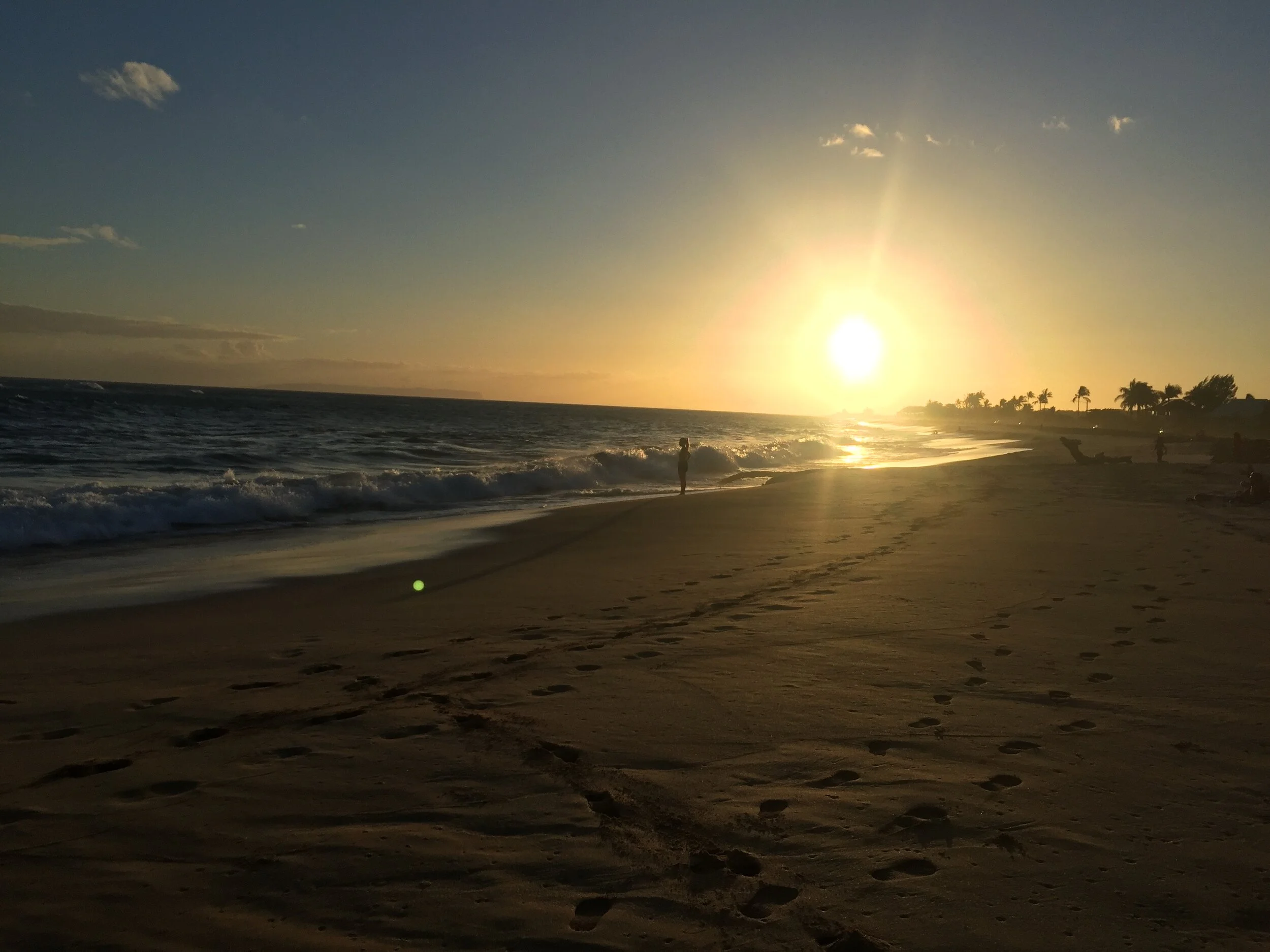Kamilo Beach aka “Plastic Beach” on the Big island. image source
Hawaii is deeply tied to the ocean — culturally and economically. Ocean activities such as tourism and commercial fisheries bring $385 million to Hawaii every year (EPA, 2019). Hawaiian culture puts deep importance in caring for the land and the ocean, often articulated through a value system that emphasizes “aloha ʻāina,” meaning “love the land” and “care for that which nourishes us” (State of Hawaii, 2018).
For those living in and visiting Hawaii, the impact of plastic pollution is clearly visible. Hawaii is the closest landmass to the Pacific Garbage Patch. Residents see small and large plastics wash up on shore every day across many beaches, perhaps most famously on the Big Island’s “Plastic Beach” where locals remove hundreds of tons of trash each year (Banks, 2015). Citizens and the government have been taking action to stop plastic pollution in Hawaii.
Surfrider Foundation’s six Hawaii-based chapters are working to change that through reducing marine debris, managing and improving water quality and influencing policy around ocean issues.






